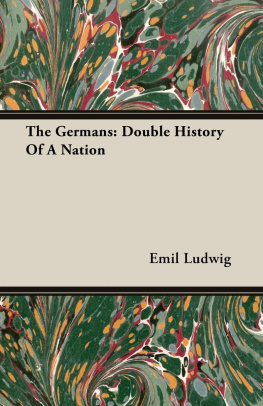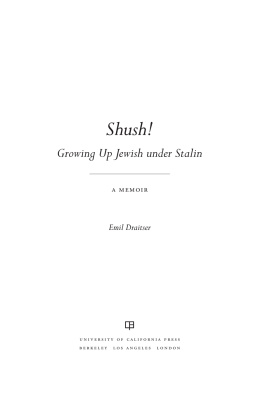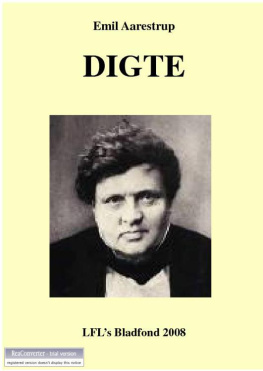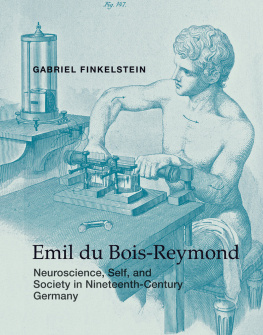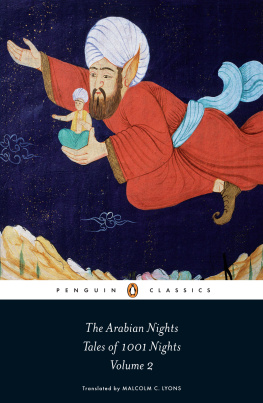| Note: | Images of the original pages are available through Internet Archive. See https://archive.org/details/nightswithgods00reicrich |
titlepage
NIGHTS WITH
THE GODS..
page
Nights with
the Gods
BY
EMIL REICH
Doctor Juris
Author of
"Foundations of Modern Europe"
"Success among Nations" etc.
trademark
LONDON
T. WERNER LAURIE
CLIFFORDS INN, FLEET STREET
THE RIVERSIDE PRESS LIMITED, EDINBURGH.
CONTENTS
| PAGE |
| ARISTOTLE ON SPECIALISM IN ENGLAND |
| DIOGENES AND PLATO ON TOLSTOY, IBSEN, SHAW, ETC. |
| ALCIBIADES ON WOMEN IN ENGLAND |
| ALCIBIADESCONTINUED |
| CSAR ON THE HOUSE OF COMMONS |
| APOLLO AND DIONYSUS IN ENGLAND |
| SOCRATES, DIOGENES, AND PLATO ON RELIGION |
FOREWORD
The great spirits of the past, chiefly Hellenes, recently revisited England. With a view to an exchange of ideas on English contemporary life, they met at night in various towns of Italy, where, by the favour of Dionysus, the author was allowed to be present, and to take notes at the proceedings. The following pages contain some of the speeches delivered in the Assembly of the Gods and Heroes.
The Author.
33 St Luke's Road,
Notting Hill,
London, W.
NIGHTS WITH THE GODS
THE FIRST NIGHT
ARISTOTLE ON SPECIALISM IN ENGLAND
The first night the gods and heroes assembled on the heights around Florence. From the magnificent town there came only a faint glimmer of artificial light, and the Arno rolled its waves melodiously towards the sea. On a height full of convenient terraces, offering a view on the Lily of the Arno, on Fiesole, and on the finely undulating outlines of the Apennine Mountains, the Assembly sat down. From afar one could see the bold lines of the copy of Michelangelo's David on the hill. The evening was lovely and balmy. Zeus opened the meeting with a request directed to Alexander, King of Macedon, to ask his teacher Aristotle to entertain them with his experiences at the seats of modern learning and study. Alexander did so, and the grave Stagirite, mellowed by the years, addressed the Assembly as follows:
"All my mortal life I have tried, by reading, by making vast collections of natural objects and animals, and by the closest thinking on the facts furnished to me by men of all sorts of professions and crafts, to get at some unity of knowledge. I held, and still hold, that just as Nature is one, so ought Knowledge too to be. I have written a very large number of treatises, many of which, thanks to Thy Providence, O Zeus, have escaped the smallpox called commentaries, in that the little ones never got possession of those works. But while always loving detail and single facts, I never lost sight of the connection of facts. As a coin, whether a penny or a sovereign, has no currency unless the image of the prince is cut out on it, even so has no fact scientific value unless the image of an underlying general principle is grafted thereon. This great truth I taught all my pupils, and I hoped that men would carefully observe it in all their studies. When then I went amongst the little ones, I expected them to do as I had taught their teachers to do. However, what I found was, O Zeus, the funniest of all things.
"On my visit to what they call Universities I happened to call, in the first place, on a professor who said he studied history. In my time I believed that history was not as suggestive of philosophical truths as is poetry. Since then I have somewhat altered my view. Naturally enough I was curious to know what my Professor of History thought of that, and I asked him to that effect. He looked at me with a singular smile and said: 'My young friend (I had assumed the appearance of a student), my young friend, history is neither more nor less than a science. As such it consists of a long array of specialities.' 'And which,' I asked timidly, 'is your special period?' Whereupon the professor gravely said: 'The afternoons of the year 1234 A.D. '" While everybody present in the Assembly, including even St Francis of Assisi, laughed at this point of Aristotle's narrative, Diogenes exclaimed: "Why has the good man not selected the nights of that year? It would greatly reduce his labours."
A peal of laughter rewarded the lively remark. Aristotle resumed his tale, and said: "When the professor saw that I was a little amused at his statement, he frowned on me and exclaimed in a deep voice, if with frequent stammerings, which as I subsequently learnt is the chief attraction of their diction, 'My young friend, you must learn to understand that we modern historians have discovered a method so subtle, and so effective, that, with all deference be it said, we are in some respects stronger even than the gods. For the gods cannot change the past; but we modern historians can. We do it every day of our lives, and some of us have obtained a very remarkable skill at it.'"
At this point of Aristotle's narrative Homeric laughter seized all present, and Aristophanes patted the Stagirite on the back, saying: "Pray, consider yourself engaged. At the next performance of my best comedy you will be my protagonist." Aristotle thanked him with much grace, and continued: "I was naturally very curious to learn what my Professor of History thought of the great Greeks of my own time and of that of my ancestors. I mentioned Homer. I had barely done so but what my professor burst into a coarse and disdainful guffaw.
"'Homer?' he exclaimed; 'Homer?but of whom do you speak? Homer is nothing more nor less than a multiple syndicate of street-ballad-singers who, by a belated process of throwing back the "reflex" of present and modern events to remote ages, and by the well-known means of literary contamination, epical syncretism, and religious, mythopic, and subconscious impersonation have been hashed into the appearance of one great poet.
"'Our critical methods, my young friend, are so keen that, to speak by way of simile, we are able to spot, from looking at the footprints of a man walking in the sand, what sort of buttons he wore on his cuffs.
"'Poor Cuvierotherwise one of my revered colleaguesused to say: "Give me a tooth of an animal and I will reconstruct the rest of the animal's body." What is Cuvier's feat as compared with ours? He still wanted a tooth; he still was in need of so clumsy and palpable a thing as a tooth; perhaps a molar. We, the super-Cuviers of history, we do not want a tooth any more than toothache; we want nothing. No tooth, no footprint even, simply nothing. Is it not divine? We form, as it were, an Ex Nihilo Club. We have nothing, we want nothing, and yet give everything. Although we have neither leg to stand on, nor tooth to bite with, we staunchly prove that Homer was not Homer, but a lot of Homers. Is that not marvellous? But even this, my young friend, is only a trifle. We have done far greater things.
"'These ancient Greeks (quite clever fellows, I must tell you, and some of them could write grammatical Greek), these ancient Greeks had, amongst other remarkable men, one called Aristotle. He wrote quite a number of works; of course, not quite as many as he thought he did. For we have proved by our Ex Nihilo methods that much of what he thought he had written was not written by him, but dictated. We have gone even so far (I myself, although used to our exploits, stand sometimes agape at our sagacity), we have gone so far as to prove that in the dictation of some of his writings Aristotle was repeatedly interrupted by letters or telephonic messages, which accounts for gaps and other shortcomings.



